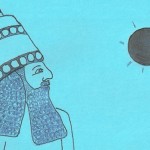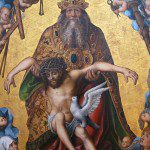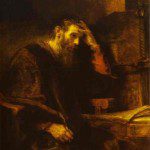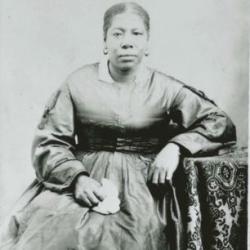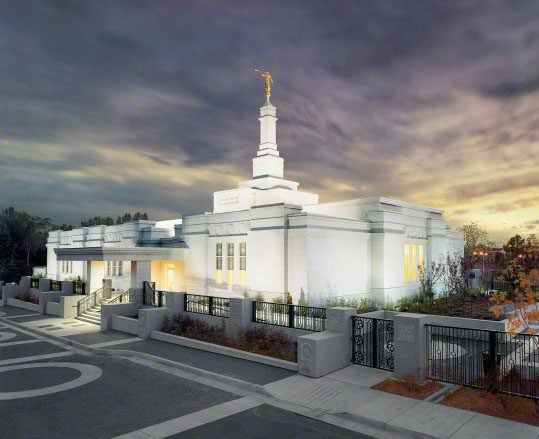
Here are three passages from Farid al-Din ‘Attar’s famous Sufi mystical poem, written in Persian in the early thirteenth century, titled Mantiq al-Tayr (“The Conference of the Birds”). The first two passages are about monarchs and monarchy.
In the first of them, the reference is to Mahmud of Ghazni (AD 971-1030), the most prominent ruler of the Ghaznavid Empire that, in modern political terms, controlled eastern Iran, Afghanistan, and the northwestern portion of the Indian subcontinent. The homa is a legendary bird in Persian and Mughal mythology who always flies invisibly high; if its shadow falls upon a man, though, he is marked for the throne.
There was a man, advanced along the Way,
Who one night spoke to Mahmoud in a dream.
He said: “Great king, how does existence seem
To one beyond the grave?” Mahmoud replied:
“I have no majesty since I have died;
Your greetings pierce my soul. That majesty
Was only ignorance and vanity;
True majesty belongs to God alone –
How could a heap of dust deserve the throne?
Since I have recognized my impotence,
I blush for my imperial pretense.
Call me ‘unfortunate’, not ‘king’. I should
Have been a wanderer who begged for food,
A crossing-sweeper, any lowly thing
That drags its way through life, but not a king.
Now leave me; I have nothing more to say;
Hell’s devils wait for me; I cannot stay.
I wish to God the earth beneath my feet
Had swallowed me before I heard the beat
Of that accursèd homa’s wings; they cast
Their shade, and may they shrivel in hell’s blast!” (44-45)
An earthly king acts righteously at times,
But also stains the earth with hateful crimes,
And then whoever hovers nearest him
Will suffer most from his destructive whim.
A courtier risks destruction every hour –
Distance yourself from kings and worldly power.
A king is like a raging fire, men say;
The wisest conduct is to keep away. (46)
The last passage is interesting on many levels. For one thing — unless it’s referring to Rome in pre-Christian times, which seems unlikely given ‘Attar’s dates (ca. AD 1145-1221) — it suggests a very dim view of Christianity and/or specifically of Catholicism. A “pagan temple” and an “idol” in Rome?
However, it also suggests a strikingly universalist view of salvation that most non-Muslims won’t easily associate with what they know, or think they know, about Islam:
One night in paradise good Gabriel heard
The Lord say: “I am here”, and at His word
There came another voice which wept and prayed –
“Who knows whose voice this is?” the angel said.
“It comes from one, of this at least I’m sure,
Who has subdued the Self, whose heart is pure.”
But no one in the heavens knew the man,
And Gabriel swooped toward the earth to scan
The deserts, seas and mountains – far and wide
He searched, without success, until he cried
For God to lead his steps. “Seek him in Rome,”
God said. “A pagan temple is his home.”
There Gabriel went and saw the man in tears –
A worthless idol ruled his hopes and fears.
Astonished, Gabriel turned and said: “Tell me,
Dear Lord, the meaning of this mystery;
You answer with your kindness one who prays
Before a senseless idol all his days!”
And God replied: “He does not know our Way;
Mere ignorance has led this man astray –
I understand the cause of his disgrace
And will not coldly turn aside My face;
I shall admit him to My sanctuary
Where kindness will convert his blasphemy”. (88-89)
Posted from Calgary, Alberta, Canada



